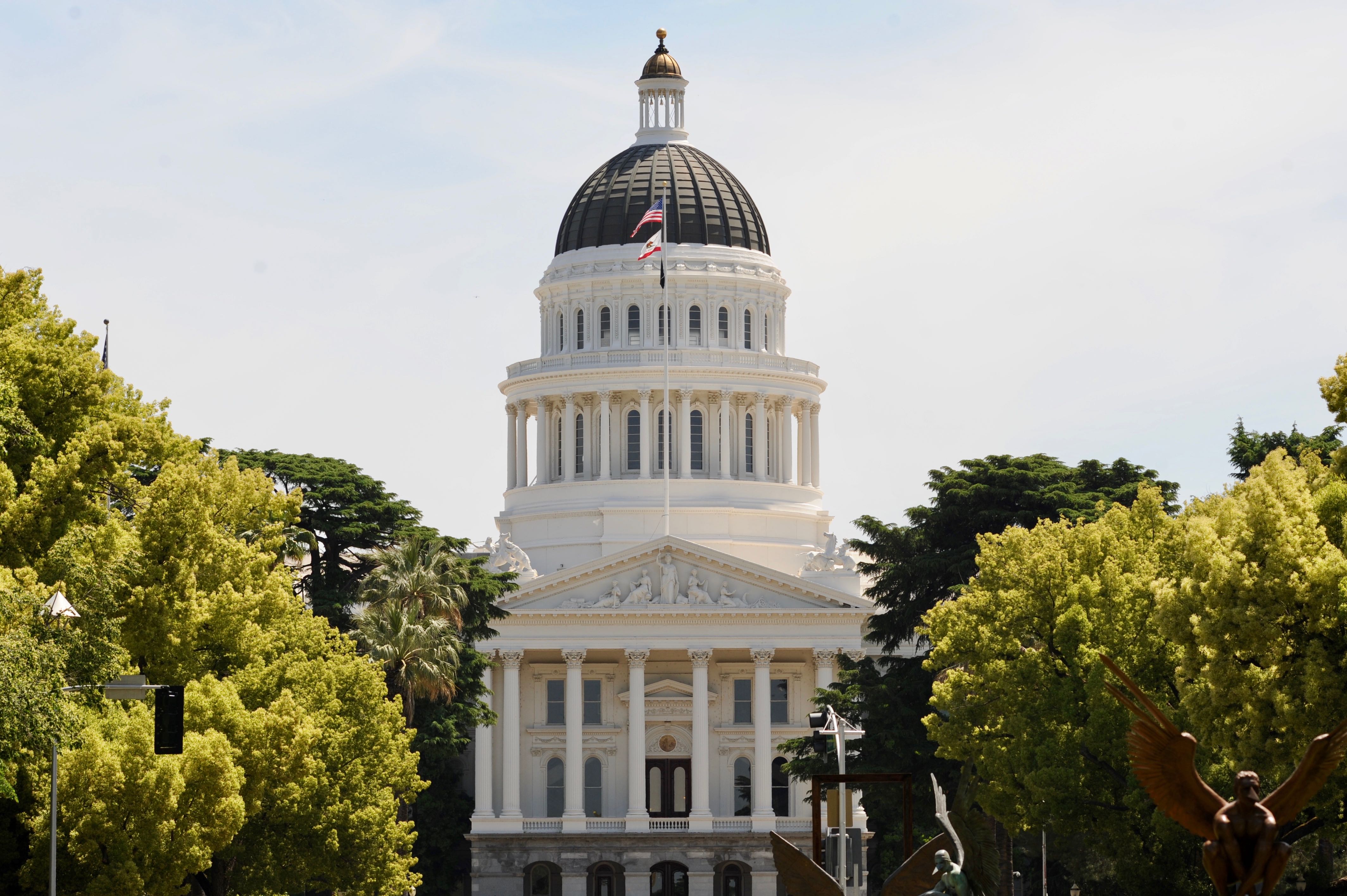
California State Capitol (Photo: Kevin Sanders for California Globe)
Statutes Deferring to Executive Branch
Despite what statutory changes are being made by the bill, the executive branch entity’s authority is not being affected
By Chris Micheli, April 21, 2024 3:00 pm
There are times in statutes when the legislative branch of state government grants authority to the executive branch and, at other times, the Legislature restricts the authority of the executive branch. And, on occasion, the Legislature defers to the executive branch. What does deferral mean in the context of legislation?
It means that sometimes in statute the Legislature gives deference to the executive branch’s authority. In other words, the executive branch is free to exercise its discretion under existing statutory authority. For example, in two recent bills this Session, I came across the following language:
(4) This subdivision does not supersede the department’s authority pursuant to this section.
(j) This section does not diminish or alter the authority of the board to administer or enforce water rights.
In both of these bills, the authority of an executive branch department or board is respected in statute by the bill using terms such as “(does not) supersede,” “(does not) diminish,” and “(does not) alter.” As a result, despite what statutory changes are being made by the bill, the executive branch entity’s authority is not being affected.
- Are These Extra Words Needed in California Statutes? - February 25, 2026
- Attorneys-in-Fact in Probate - February 25, 2026
- Pacific Marine Fisheries Compact - February 24, 2026





One thought on “Statutes Deferring to Executive Branch”